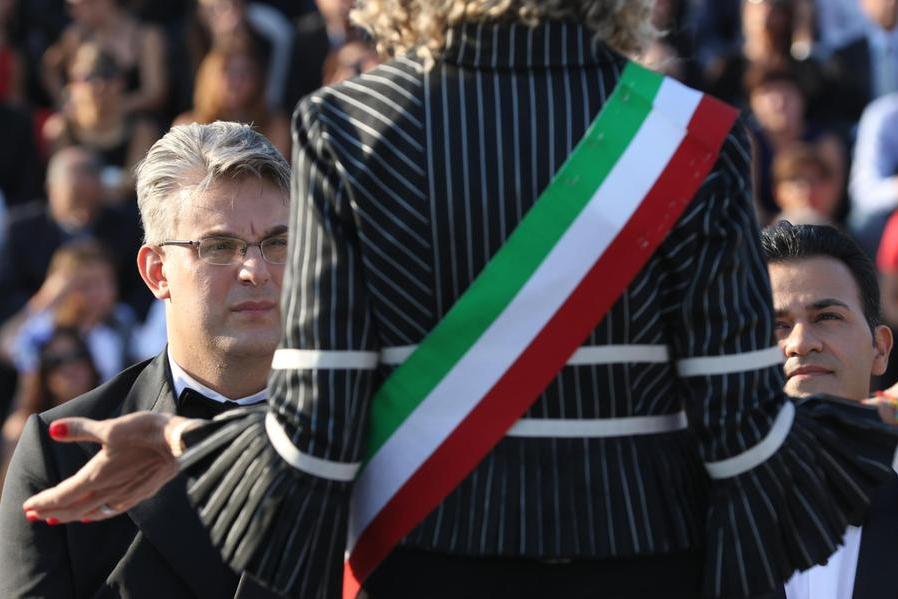The Court of Justice of the European Union has ruled that a member state must recognize a same-sex marriage if this was legally contracted in another country of the Union.
The case concerns two Polish citizens, married in Germany, who requested that their marriage certificate be registered in the Polish civil registry so that the marriage was recognized in Poland where equal marriage does not exist while it has been legal in Germany since 2017.
What are the practical effects of this ruling? If two Italian citizens, for example, get legally married in Germany or Spain, their marriage must also be registered in Italy, with all the related legal effects, such as transcription in the civil registers.
However, the Court clarified that it does not oblige member states to open marriage to same-sex couples: the obligation only concerns the recognition of a marriage already valid elsewhere.
The reasons
The decision is based on two fundamental principles: that of freedom of movementunder which EU citizens can live, work and move freely in all member countries (and this right must include recognition of family life) and that of protection of family life: not recognizing a marriage celebrated abroad can create legal uncertainty for couples and any children.
The situation in Italy
In Italy, currently, same-sex marriage is not foreseen. However, there is a civil union, introduced by the Cirinnà law of 2016, which guarantees many rights similar to marriage, such as assistance, inheritance and survivor’s pension, but does not allow joint adoption or provide for the obligation of fidelity.
Before the ruling, gay marriages celebrated abroad were not recognized as such in Italy. Now, at least for the effects linked to European law, Italy will have to transcribe the marital status acquired abroad as a civil union, in accordance with the law, because egalitarian marriage does not exist here.
The situation in Europe
Marriage and civil union laws vary greatly between European countries. States such as Germany, France, Spain, Portugal, Sweden, Ireland and Liechtenstein (from 2025) have legalized marriage equality. Other countries only allow civil unions, with rights similar to marriage. Some states have no legal recognition for same-sex couples.
The ruling of the EU Court establishes a common minimum principle: legal marriages contracted in a member country must be recognized in all other countries of the Union with regard to the rights guaranteed by European law.
Couples married abroad will have their civil rights recognized in their country of origin.
Member States retain the freedom to regulate marriage according to their own laws, as long as they respect the principle of recognition of foreign marriages.
Recognition does not imply the general opening of marriage to homosexual couples in the country of origin.










